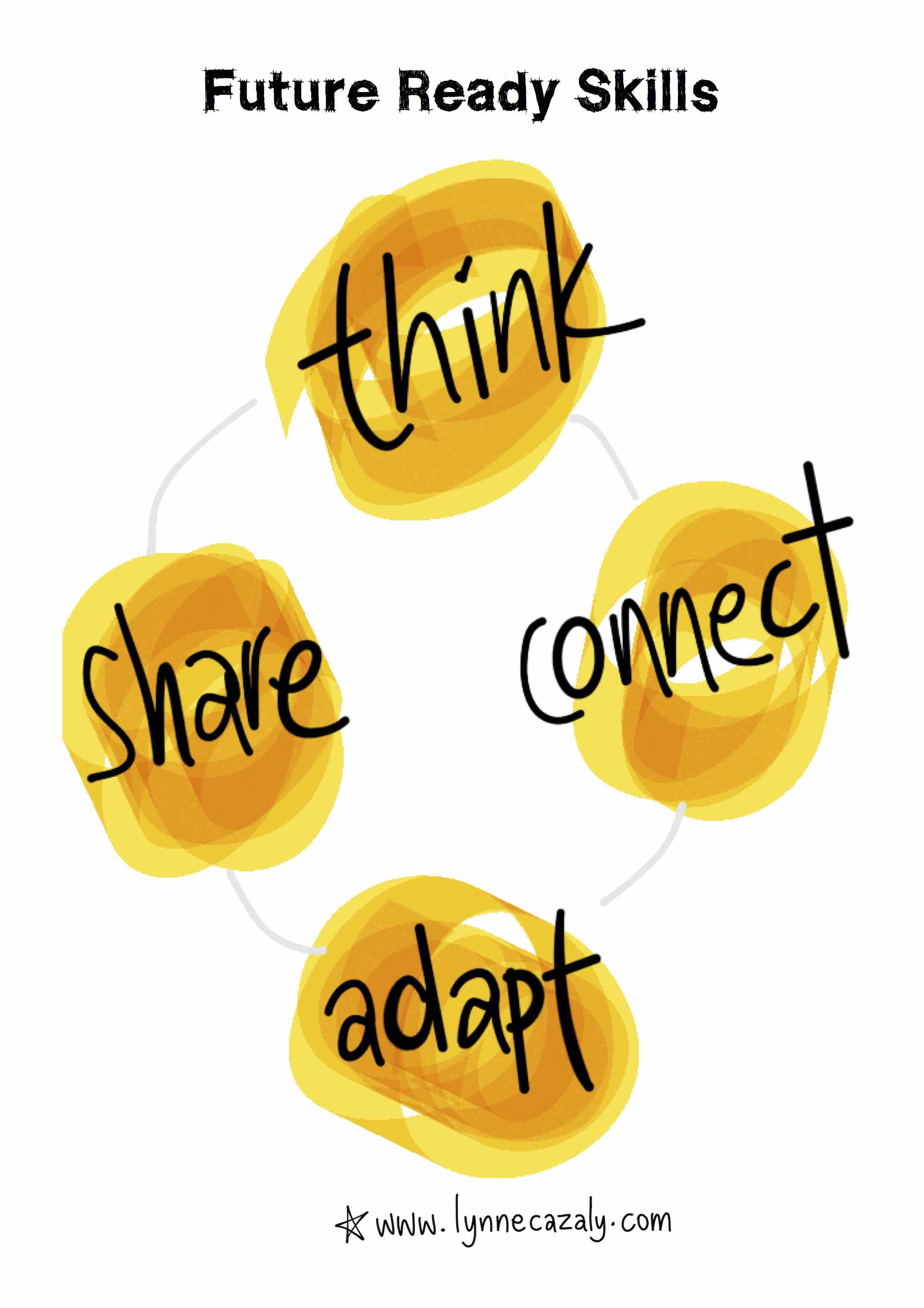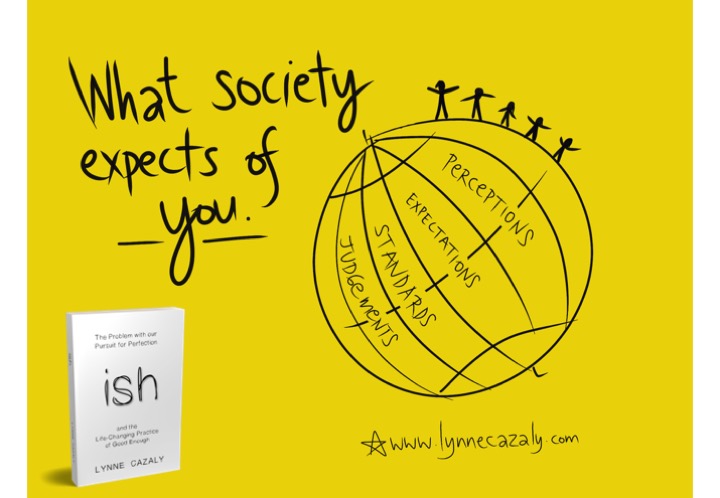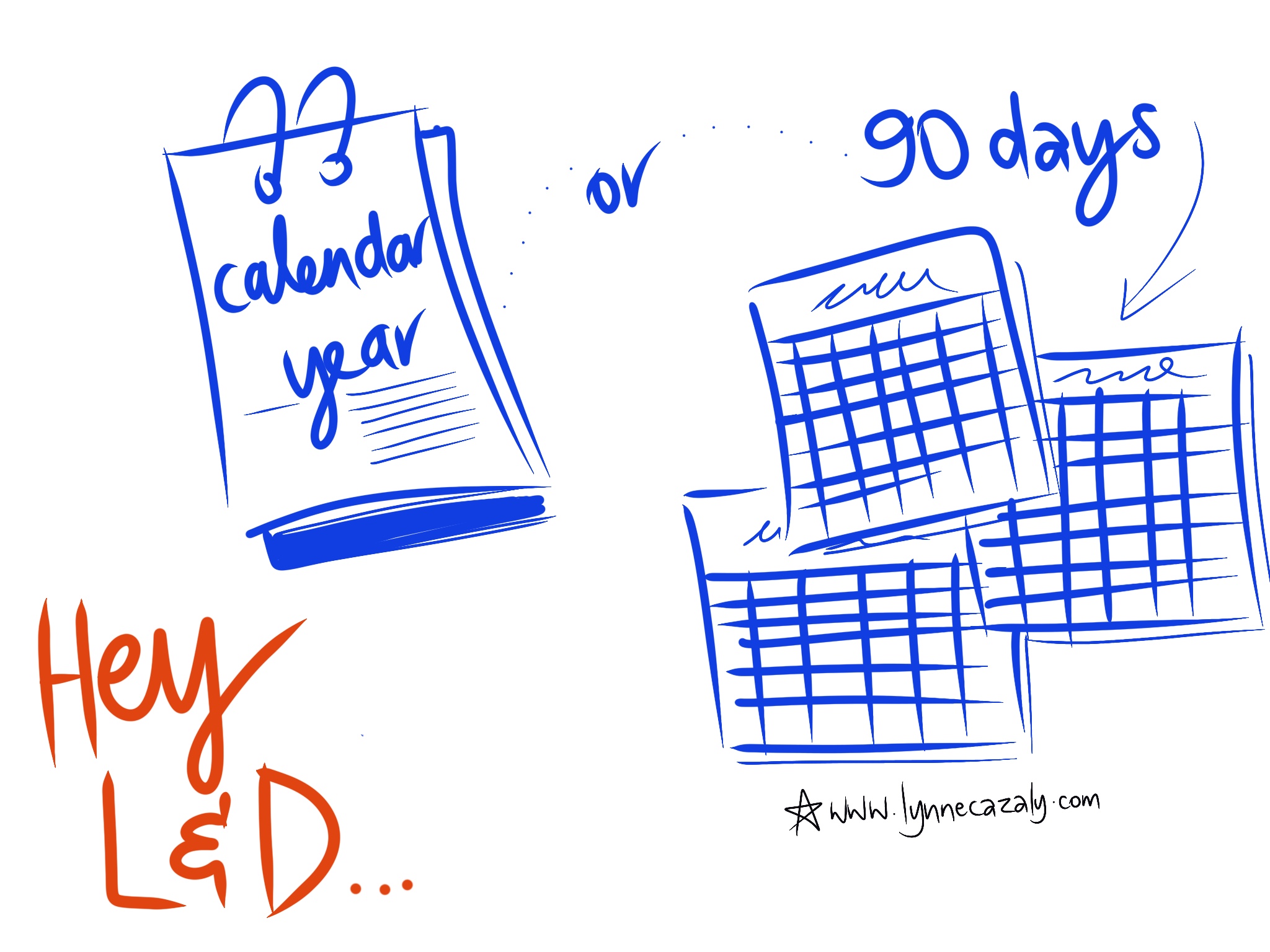How to get ready for the stuff that hasn't even happened yet
So many articles and predictions can worry us wild about how jobs are changing, workplaces need to adapt and plenty of roles that are there now... won’t be soon.
You don't need to be a futurist to work out that things keep changing and if you stay where and what you are…. yes, the future could indeed get more tricky for you.
Beyond the tech-crazy predictions and timelines of when it’s all going to hit the fan, there’s a more sensible and practical response that organisations and their leaders need -- that is, to get ready for the stuff that hasn’t happened yet.
There’s a need to be future ready and there's a quartet of skills, a foursome of domains that will serve you so very well. While these may not be as specific as in ‘go to this course’ or ‘get this certification’ (don't by the way) -- there are some domains of expertise that will help us handle what’s ahead, no matter our role, project, team, enterprise or industry.
The Institute for the Future and the World Economic Forum have both tipped in their thoughts over recent years on what’s needed and while that’s all good in a predictive sense, here’s what I’m seeing and hearing day in day out with teams and projects on being future ready. That is, ready for what your clients, the industry and the world might need of you, and gah! sooner than you might think.
The Foursome of 'Future Ready'

Think
We’re the only creatures who can think about how we think, so it’s worth thinking about how we can think better! This domain is about getting insights now… not waiting so long for hindsights to appear. Even though hindsight is a great thing, we need to get to them quicker so we can respond quicker. We need to be aware, awake, insight-full, reading, learning, thinking, reflective, improving, evolving, staying open…
In the middle of last century - that sounds so o-l-d, the 1950s - two colleagues, Joe and Harry created the classic tool for identifying your relationship to yourself and others – the Johari Window.
I remember laughing (or cringing) with colleagues about leaders whose ‘window wasn’t even there, let alone open!’ when it came to their lack of thinking and self awareness.
Johari got you to assess yourself – and think – on some adjectives about your personality and whether they were ‘open’, ‘hidden’, ‘blind’ or ‘unknown’ to you.
(Looks like Joe and Harry were clearly onto the Startup trend of combining their names or two words to create killer, entertaining business tools. Joe + Harry = Johari. See this giggle on fake startup websites for today’s tech versions of Joe and Harry.)
There’s room in the Think domain for us to be more open, to work to reveal things that are hidden to us or we are blinded to, and to uncover the stuff that is still unknown to us.
Connect
If we’re intrinsically wired to connect with others, then this domain is about how we connect ideas and people and environments. We need to be synthesisers, sensemakers, distillers and integrators. To be able to take lots of stuff and find the pieces that belong, that work or could work together. It’s integration, not isolation. Also it's anti-silo.
I like to ask teams, “Do you see where the white spaces are here?" where you could move something to, where there is opportunity or possibility that's untapped.
Sure, artificial intelligence will be able to do some of this for us, but there’s something magical about human connections with others, with information, with places and spaces that we will need forever.
Adapt
How do you adapt to changing conditions, situations, information and environments? This domain is about agility not rigidity. How willing are you to test, learn, experiment and dwell on the whole ‘failure IS an option’ thing? Is your project in such control-freak mode that trust is low and we can’t try something to see what happens?
Try transforming something rather than tinkering with everything as I wrote recently.
This is our need to be agile-ish; being able to pivot, change direction and give up on a thing you’ve been fighting for; being willing to embrace a new direction or belief. Yes, this can be tougher than we think. Aaah back to that thinking domain again!
Share
How you spread, share and radiate your thinking, ideas, messages and solutions to others in your nearest loops …and wider loops is what this domain is all about. It’s how you pull people in to be part of something not just sending it out and crossing your fingers with hope. How do you bring people in? It’s inclusion not exclusion.
How can you share things that help build, not break. This is being an influencer, shaper, communicator, engager… on topics that people might not be initially interested in or they have longstanding biases about.
There’s an opportunity for us to think bigger; to make bigger shifts in our teams and enterprise regarding what we're going to build capability in.
Think.
Connect.
Adapt.
Share.
Together these will help get you ready for the future… aaaaaaand oh look, it’s here already.
 Wednesday, July 17, 2019 at 9:36AM
Wednesday, July 17, 2019 at 9:36AM  In recent posts I’ve mentioned the expectations we can have:
In recent posts I’ve mentioned the expectations we can have:




















